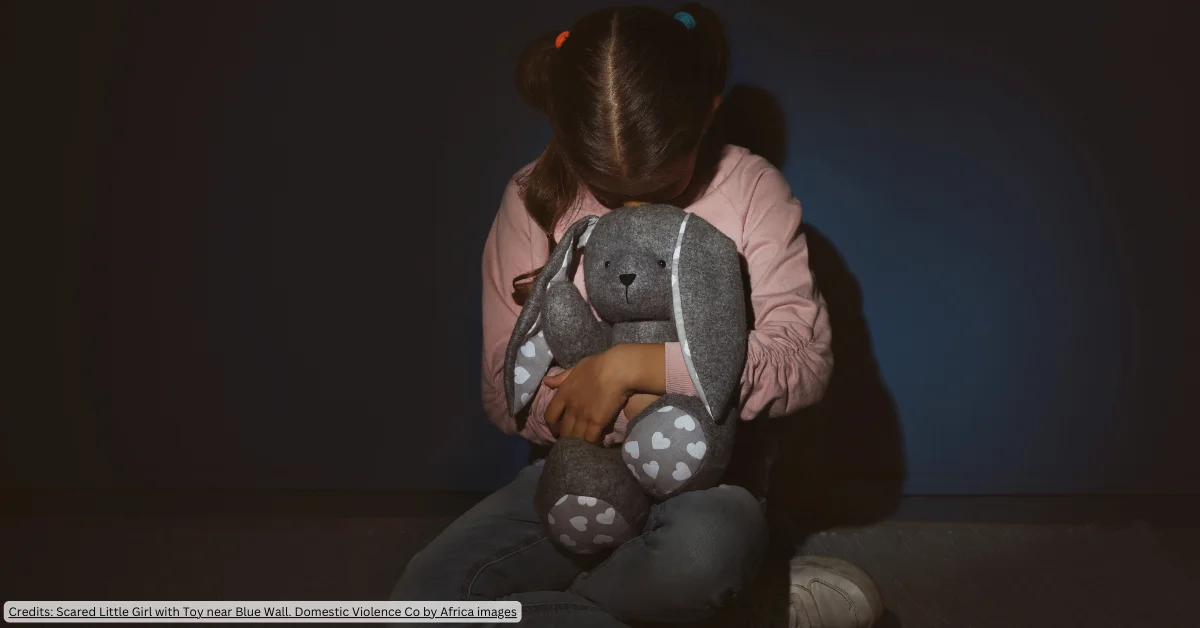In the social sector, our business is about creating change. Change in the life of individuals, families, communities and society through our spectrum of work across all stages of life, with people from all walks of life.
We apply our skills (technical and interpersonal) to provide care, relief and hope, and to prevent ill health and suffering. This may occur in a variety of ways and in paid and unpaid roles. In direct frontline roles as allied health professionals, nurses and doctors. Indirectly, through research into ways to reduce the burden of ill health and social disadvantage. As champions who advocate addressing gaps in the system and provide needed responses to unmet needs. As leaders, policy makers and change makers across the many parts of this sector who seek to build thriving, healthy, supported, empowered and resilient communities.
The choice to work in the social sector is often associated with a passionate personal drive – a sense of vocation, even. As human beings, we are fundamentally makers of meaning and when we engage in work that is intrinsically linked to our core purpose, it can bring great fulfilment and meaning to our lives. However, as we go about this work, the passion and heart that we put into it, that are essential to our effectiveness, also put us at risk of burnout.
Prior to the emergence of COVID-19, burnout was an alarming and growing epidemic threatening the individuals, teams and organisations we rely on to provide essential services to the community through direct and indirect roles. This was a critical problem that has grown in the past year and is likely to get a whole lot worse before it gets better as we face into new and emerging challenges. Responding to the devastating health and social impacts of the past year. Seeking to keep our heads above water to deliver our usual services and supports whilst our energy and wellbeing are at critically low levels.
Burnout is a direct consequence of chronic workplace stress that has not been successfully managed – and, in the social sector, chronic stress can be the rule, not the exception. Unhealthy social and cultural norms work against meaningful efforts to prevent or reduce stress. Demand for our services, and unmet health and social needs, are growing. The many, often competing, demands on our time and energy, coupled with relentless resource constraints, are simply and devastatingly wearing us down.
Taking a wholehearted approach to our work can equip us as individuals, our teams, leaders and organisations to not just survive but thrive. Brené Brown in her book “The gifts of imperfection” describes three core characteristics of the wholehearted – courage, compassion and connection.
Courage
Sitting in our comfort zone can feel safe and secure but nothing grows there. When we step into our courage zone, that is where we dare, strive, learn, improve and grow. It is where we are also most likely to be a source of inspiration for others.
Compassion
A wholehearted approach requires us to turn up with self compassion (first) and with compassion for others. You must prioritise your wellbeing in order to sustain yourself and your capacity to fulfill all the other roles you play in life and work.
Connection
Genuine, heartfelt, meaningful engagement with others is essential to our effectiveness. The strength of our connections with our clients (those we are aiming to serve), our team members, our organisation and its purpose, our supporters and the community in general will be a key factor in our success.
Burnout is a health hazard that we each need to take very seriously. Just keeping on going and getting by should not be a goal we even consider if we are to optimise and sustain our capacity to make a meaningful difference through our work. We must reject burnout and pave a path to greater impact, meaning and fulfillment whilst maintaining our resilience and our wellbeing. Do our best work and live our best life. Not or.
Alison Coughlan is the author of The Health Hazard: Take control, restore wellbeing and optimise impact. Alison draws on more than 25 years’ experience in the health and social sectors and her personal experience of reaching, sustaining and recovering from burnout, after which she charted a new, more fulfilling and sustainable path for her work and her life. Alison helps health and social sector professionals to optimise the impact they make and, in so doing, do their best work and live their best life.
Paulo Rizal is a content producer for Third Sector news. He has working experience in journalism, SEO, and social media marketing.
- Paulo Rizalhttps://thirdsector.com.au/author/paulo-rizalakolade-co/
- Paulo Rizalhttps://thirdsector.com.au/author/paulo-rizalakolade-co/
- Paulo Rizalhttps://thirdsector.com.au/author/paulo-rizalakolade-co/
- Paulo Rizalhttps://thirdsector.com.au/author/paulo-rizalakolade-co/











